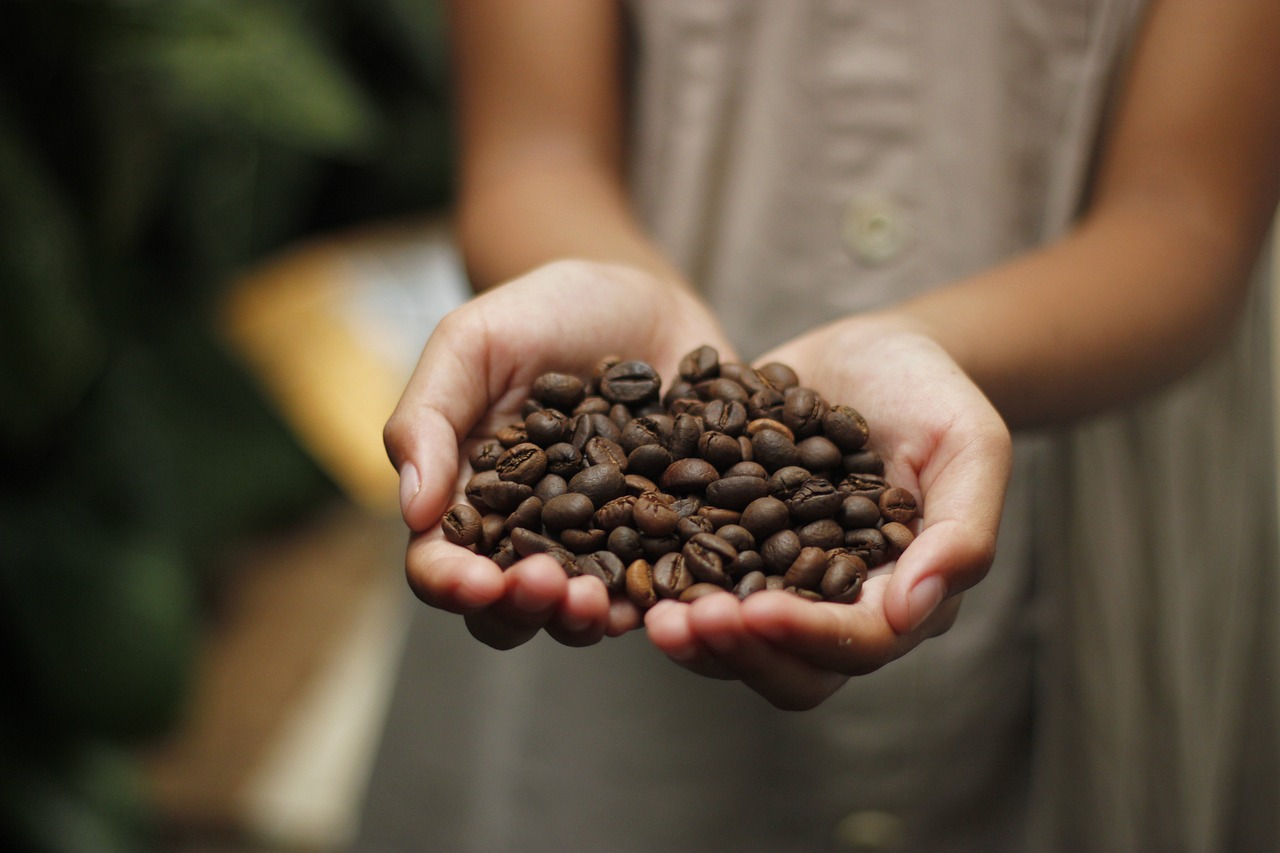
The data released by the Brazilian Coffee Industry Association (ABIC) shows that due to the surge in coffee prices, coffee consumption in Brazil in April decreased by nearly 16% compared to the same period in 2024.
According to Zhongjin's understanding, data from the Brazilian Institute of Geography and Statistics (IBGE) indicates that coffee prices have increased by 80% over the past 12 months, reaching the highest inflation rate in 30 years.
ABIC's data indicates that retail sales account for 73% to 78% of domestic consumption. From January to April this year, retail sales decreased by 5.13% compared to the same period in 2024, totaling 4.7 million bags (each bag weighing 60 kilograms).
Among various types of coffee, the price of instant coffee (Café Solúvel) saw the largest increase, averaging an 85% rise. Gourmet coffee prices increased by 56%, while traditional or extra strong coffee (Tradicional/Extraforte) prices rose by 50%. Specialty coffee (Especial) and premium coffee (Superior) prices increased by 42.3% and 29%, respectively.
In February this year, ABIC warned that due to the coffee industry not fully transferring all the costs of purchasing coffee beans, prices may continue to rise in the coming months.
One of the reasons for the surge in coffee prices is the stress caused to plants by high temperatures and drought. Additionally, issues like frost and heat waves have persisted in Brazil for four years, leading to a 224% increase in industry raw material costs and a 110% rise in coffee prices for consumers.
Global supply shortages are also contributing to the rise in coffee prices, with major producing countries such as Vietnam facing climate issues resulting in reduced crop yields. Moreover, increased logistics costs are affecting prices, with international transportation costs rising due to conflicts in the Middle East and a hike in prices for major export tools like shipping containers. Furthermore, Brazil, the world's second-largest coffee consumer after water, has also seen an increase in consumption affecting supply.
The National Supply Company of Brazil (Conab) estimates in its second forecast for coffee production in 2025 that national production is expected to decrease by over 6% compared to last year.
Minas Gerais is the largest producer of Arabica coffee in Brazil, with production estimated to exceed 25.5 million bags but still below last year's levels.
Experts and producers anticipate a decline in production, mainly due to the "off-year" cycle, a natural cycle in coffee cultivation where production decreases after a year of high yield.
Weather is also a critical factor: prolonged drought from April to September 2024 impacted the development of coffee plantations, as reflected in the data.
Arnaldo Botrel Reis, Chairman of the Coffee Technical Committee of the Federation of Agriculture and Livestock of Minas Gerais (FAEMG), pointed out that it is too early to determine the exact production figures. One factor that needs analysis is the weight of the coffee beans, as "this year's coffee beans are smaller, requiring more beans to fill a 60-kilogram bag, which will also affect the final output."
